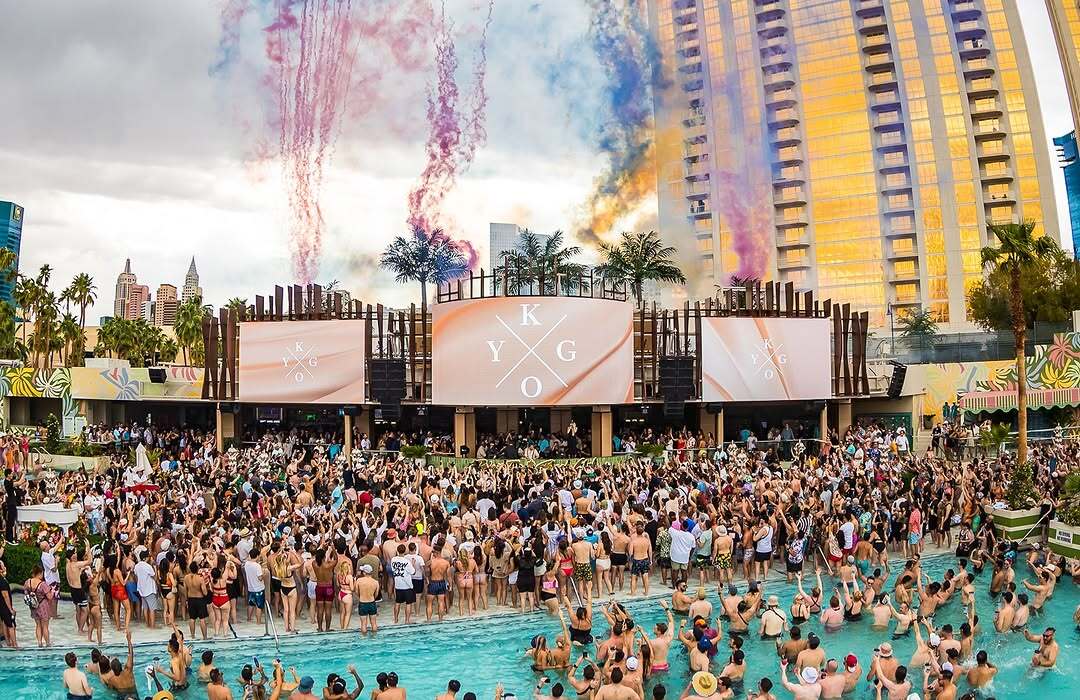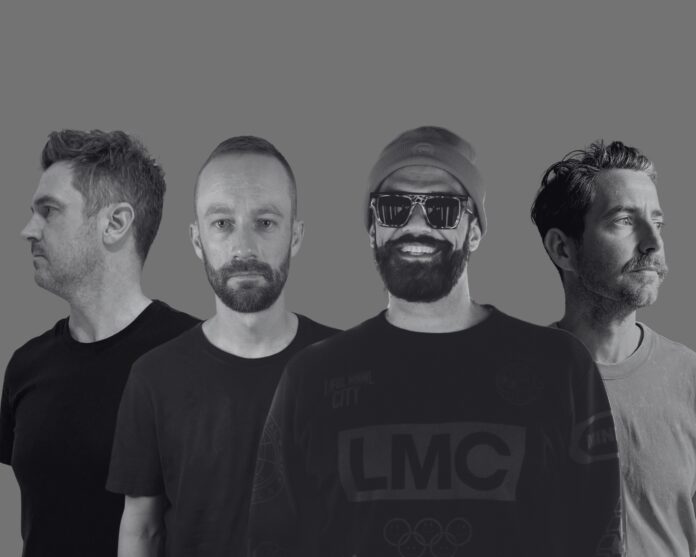WARNING: The following contains major spoilers for Resident Evil: Infinite Darkness, now streaming on Netflix.
In Netflix's Resident Evil: Infinite Darkness, it initially seems like Leon will live up to his name as a fan-favorite franchise hero. After the incident in Raccoon City and the subsequent government cover-up, Claire Redfield especially thinks Leon will stand up for justice and expose a system that encourages murderous, profit-hound pharmaceutical companies. Going by the games, she wouldn't be incorrect. But the way Infinite Darkness ties into the events of Resident Evil 5 puts the events of that game and those that come after in a whole new light, making it clear that Leon Kennedy is no hero.
Leon joined the government to make a difference and to help ensure the next Umbrella Corporation would never rise to power and influence. But, while he kills zombies at the White House and exposes the shady U.S. Defence Secretary, Wilson, for invading Penamstan to use it as a bioweapons lab, Leon doesn't do much else to bring the empire down.
He first tells Shen May he can't expose the chip she has to the media, even though the chip would provide evidence on how Wilson experimented on soldiers. He later refuses to give Claire the chip as well, and later goes on to kill a mutated Jason to prevent him from attacking Washington. Jason might have been collateral damage but, especially with the chip, Leon's actions enable sketchy types like Wilson.
In Infinite Darkness, Leon essentially has tunnel vision -- he only wants to protect President Graham, with whom he has a close bond. In Resident Evil 4, he saved Graham's daughter from chemical terrorists, eventually joining the Secret Service as a hero for his efforts. However, for most of the series, this seems to be clouding his judgment. Even when it's clear that the government is a part of the problem, Leon lets his friendship get in the way, becoming a hypocrite as he covers up Jason's Mad Dogs and Shen May's brother, Jun-See, being made into weapons. Leon should want to reveal the truth about the bioweapons, given his Raccoon City ordeal, but instead, he's doubling down on the same lies he once condemned.
It seems he wants to stay in the shadows of the government and take these companies down himself, but his actions are ineffective at best. It's why when Wilson escapes, he's with Tricell administering the inhibitor serum. Leon's inaction sets the stage for them to rise up in Resident Evil 5, and allows Neo-Umbrella and the C-virus to come to life in the game after.
Had Leon helped exposed the truth about the traitors in the government and tackled the problem with a dedicated task force, maybe these other companies would have thought twice. Sadly, Leon eliminated all the evidence and directly helped make the rest of the world as vulnerable as Raccoon City. He could have at least taken the chip to the Bioterrorism Security Assessment Alliance Captain Chris Redfield so they could crack the global problem. But instead, Leon comes off as inept, allowing big pharm, terrorists, corrupt politicians and war-mongerers like Albert Wesker to have a future.
Directed by Eiichiro Hasumi, Resident Evil: Infinite Darkness stars Nick Apostolides as Leon S. Kennedy, Stephanie Panisello as Claire Redfield, Ray Chase as Jason, Jona Xiao as Shen May, Billy Kametz as Patrick, Joe J. Thomas as Graham, Doug Stone as Wilson and Brad Venable as Ryan. The series is now streaming on Netflix.
About The Author

